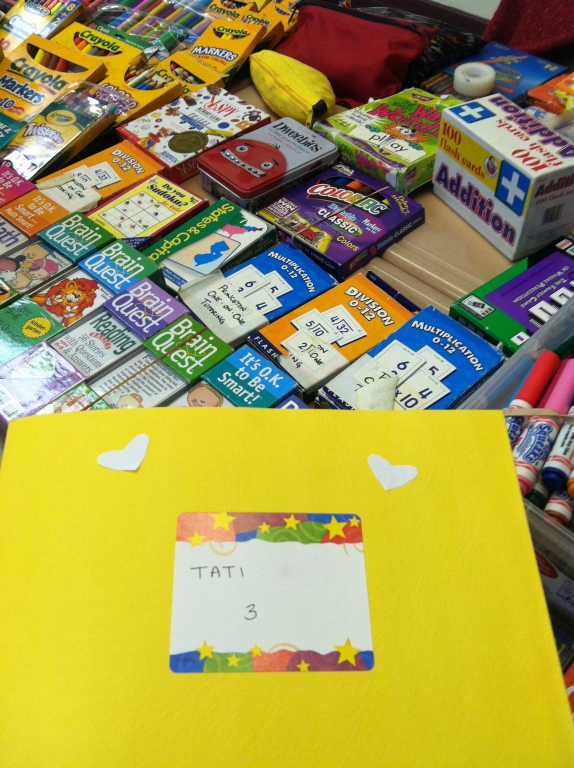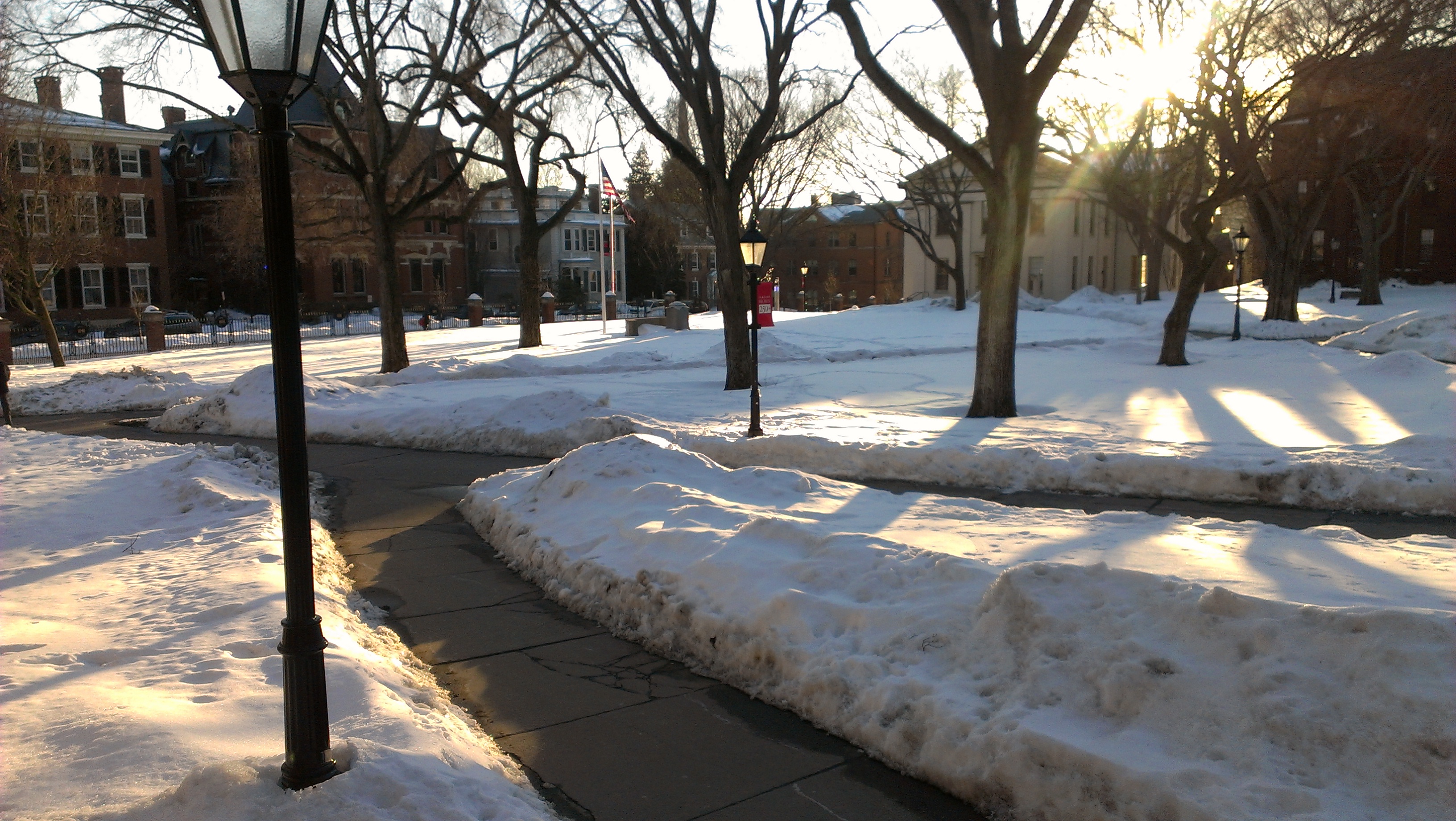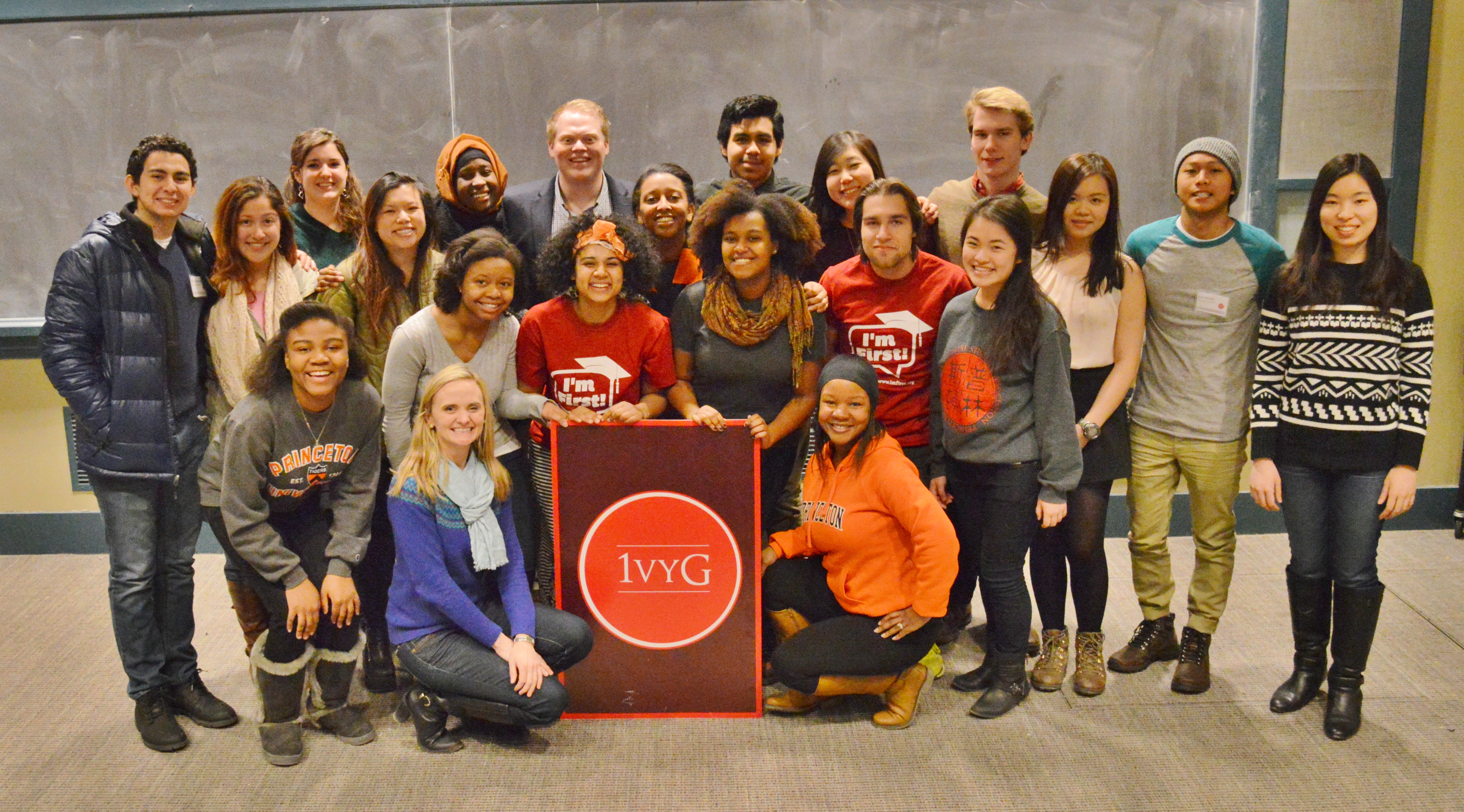When I was deciding where I wanted to go to college, a huge factor for me was location. Not just any location was going to cut it—the East Coast and proximity to New York City were at the top of my list! And one thing I indeed vouch for is Princeton’s location.
Two of the closest cities outside of Princeton with lots to offer are New York City and Philadelphia. It seems that Princeton students visit New York City more often, but I went to Philadelphia this year for the first time and loved it there, too, so Philly certainly shouldn’t be overlooked—and both are equally accessible.
Beginning with New York, you can of course go on your own, but there are also tons of amazing opportunities offered through Princeton. For instance, each residential college offers Broadway trips for freshmen and sophomores, and this is truly one of the best Princeton perks for students. A $25 ticket covers the show, roundtrip bus transportation and snacks on the ride. Usually you arrive in the city an hour or two before showtime, giving you time to explore or grab a bite to eat before the event. I’ve seen "The Lion King," "Les Misérables," and "Wicked" through these Princeton trips, and I also got to see the "Nutcracker" at the New York City Ballet. All were amazing experiences, and I should also mention that the seats were great, too (we were in the 13th row at the "Lion King" and front and center for "Wicked").
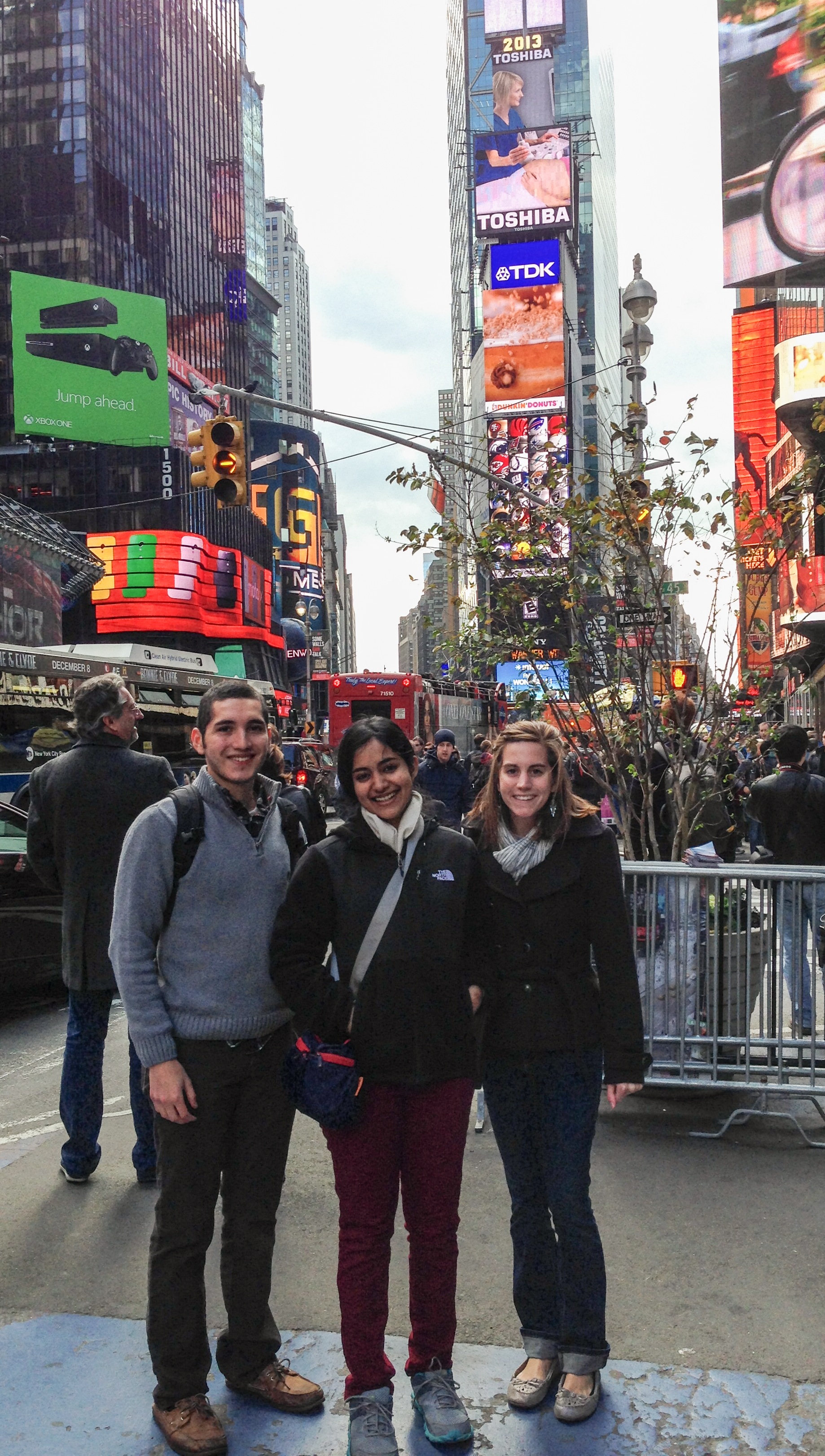
I also went to New York City last fall with my residential college, Butler College, for a Saturday cultural excursion. Our director of studies took about 20 of us to lunch at a wonderful pizza place, and then we took a guided walking tour of the Chelsea neighborhood before exploring the High Line and shopping at Chelsea Market. I should mention that this trip was totally free if you signed up ahead of time (lunch and everything!), so all of this is just to say that Princeton has given me tons of opportunities to enjoy New York City.
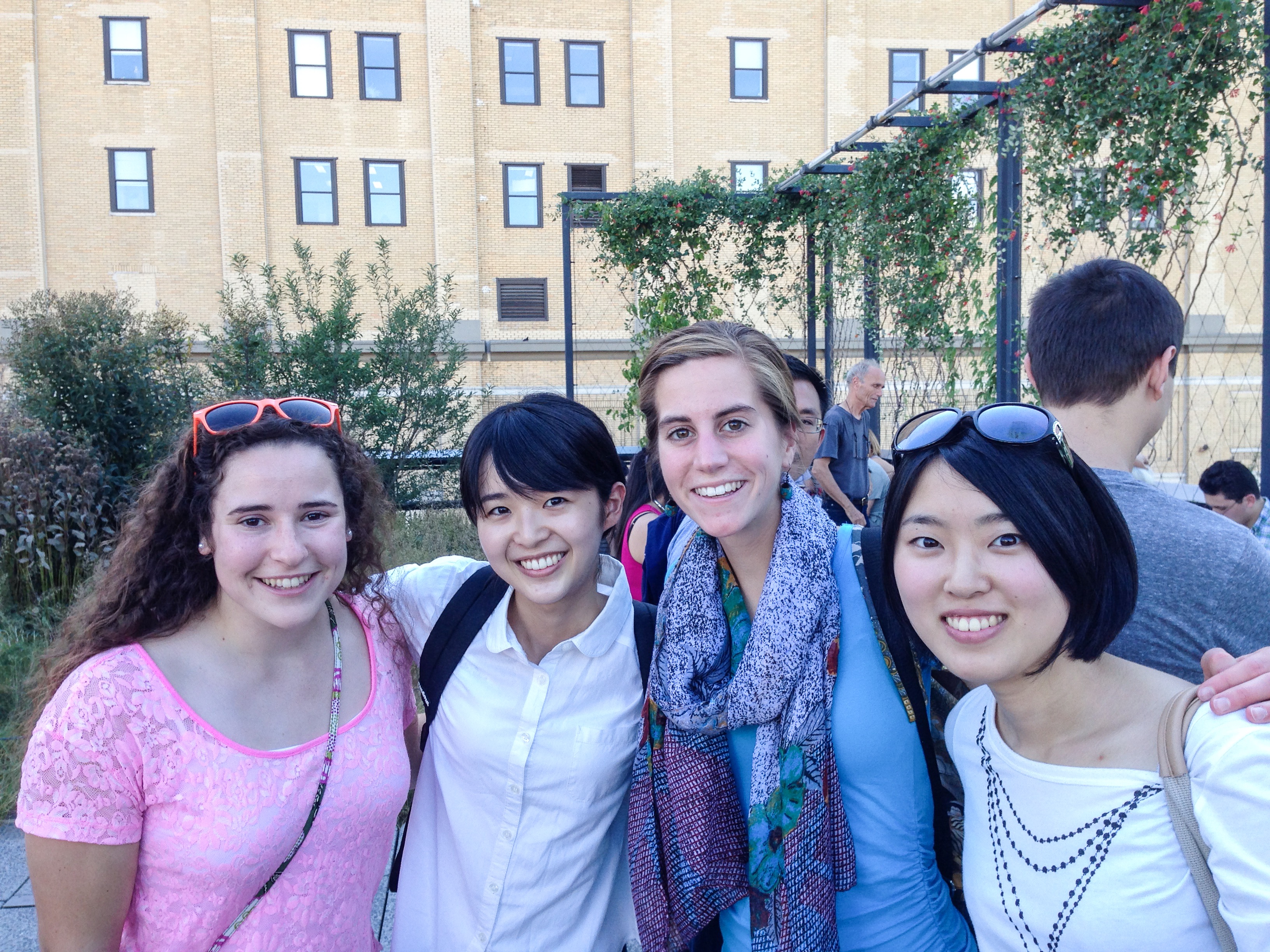
The other city I visited for the first time this year was Philadelphia, and I loved it. One Saturday I went into the city to attend a UPenn Graduate School of Education open house. But before and after the event, I had time to explore the Reading Terminal Market, to see many of the historical sites downtown and to tour the area around UPenn’s campus. Philadelphia has so much history and so many neat things to see, and it’s definitely on my list to go back!

You might be thinking this sounds just great, but are you wondering how feasible it is? Happily, it is very feasible. From the train station on campus, you can take a direct train and be standing in New York City’s Penn Station in 50 minutes, and you can take the Amtrak directly to Philadelphia’s 30th Street station in 35 minutes. And the cost isn’t much of a barrier either – it’s $16 for a one-way ticket to New York City and $23 for a one-way Amtrak ticket to Philly ($15 if you take a slower train). But as I’ve mentioned, there are also many University-sponsored trips that cost nothing.
In terms of having time for these types of outings, it’s all a matter of priorities. Some of my friends head into New York City every weekend, while some rarely go, so it all comes down to how you want to spend your time and what is important to you. I’ve found that I tend to have one weekend a month that is free for these types of trips. For instance, over the course of my freshman year I went into New York City about eight times, including going to see three Broadway shows, taking two trips into New York with a freshman seminar (we visited the Met, the High Line, and the MoMA), attending the Macy’s Thanksgiving Parade with friends and spending the week there in Brooklyn on a Breakout trip.
While these two cities are the closest to Princeton, I’ll also mention that over the breaks (including Thanksgiving), there are transportation services to cities farther away, including Boston and Washington, D.C., with reasonably-priced tickets on University-sponsored buses. So, I hope this blog makes you excited about Princeton’s proximity to some of the greatest cities on the East Coast!







